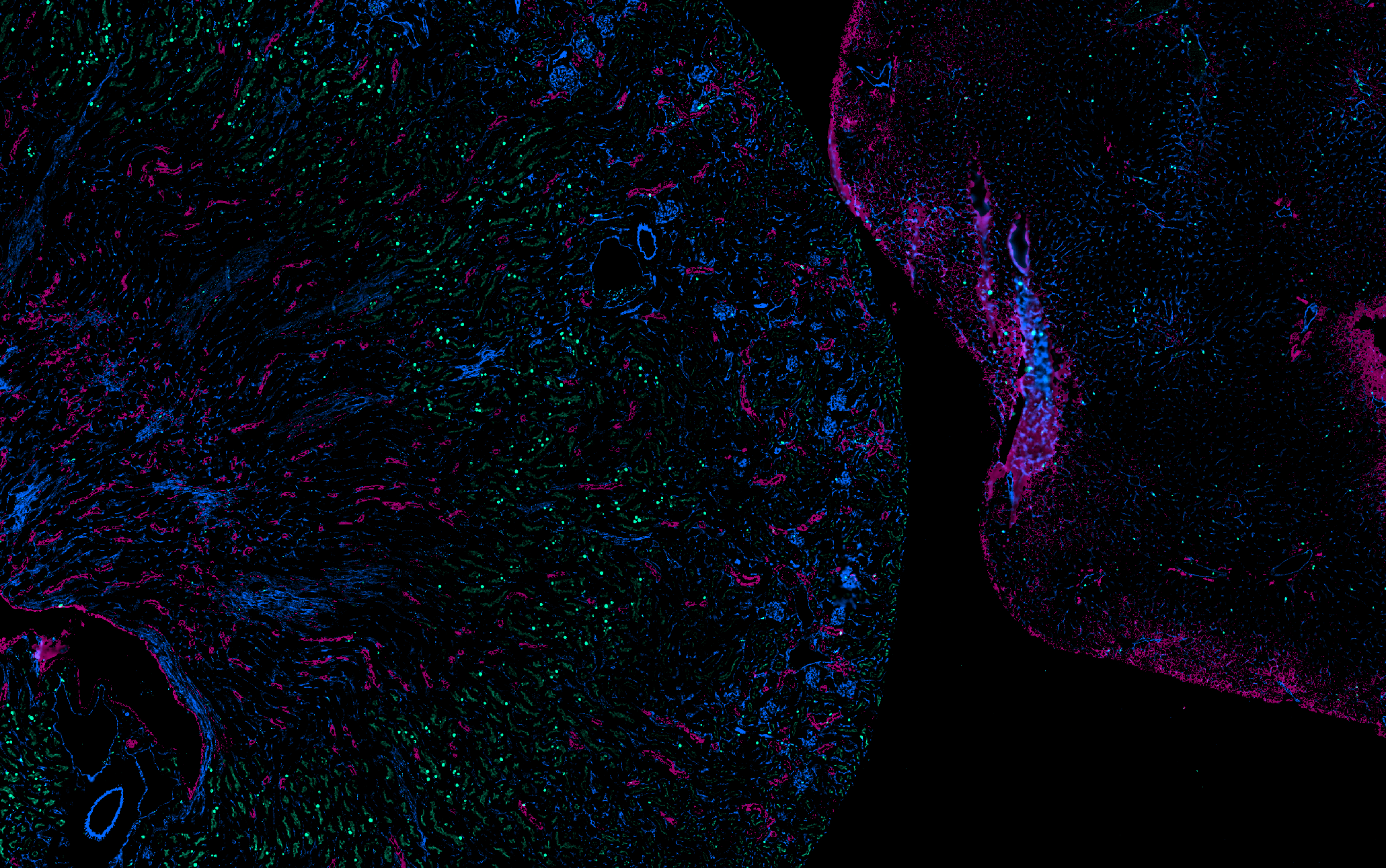
Taha Merghoub
Deputy Director
Dr. Taha Merghoub is the Deputy Director of the Meyer Cancer Center at Weill Cornell Medicine (WCM) in New York. He is also the Margaret and Herman Sokol Professor of Oncology Research, Professor of Pharmacology, and Professor of Immunology Research in Medicine at WCM.
He received a BA from the University of Algiers, Algeria, and MS and PhD degrees with highest distinction from University of Paris, France. His thesis work focused on the study of genetic polymorphism in fetal hemoglobin gene in patients with sickle cell anemia and thalassemia. His findings provided insight into the correlation of genotypes and phenotypes in sickle cell anemia and thalassemia. After graduation, he pursued his postdoctoral research with Dr. Pier Paolo Pandolfi at Memorial Sloan Kettering Cancer Center (MSK). He characterized the transcriptional properties of the ZBTB7 gene and its role during development. He also played an active role in the generation of laboratory models for acute promyelocytic leukemia and furthered his knowledge and experience in genetics.
Dr. Merghoub subsequently joined the Alan Houghton Laboratory as a Senior Research Scientist, where he began to study tumor immunity. He developed mouse models of melanoma that mimic different stages of human disease clinically, pathologically, and genetically, later evaluating new immunotherapies at different stages of tumor progression. He then became an assistant attending biologist in the melanoma and sarcoma service and assumed the direction of a research laboratory in partnership with Dr. Wolchok. He became associate attending in the melanoma and immunotherapeutic service and then a full member in the Human Oncology and Pathogenesis Program department at MSK. He was also a Parker Institute for Cancer Immunotherapy member researcher and led the melanoma disease management team and the immunotherapeutic group tissue bank at MSK.
In September 2022, he was appointed to his current role at WCM, where he directs a translational tumor immunology laboratory. He is currently researching potential immune-based therapies to treat cancer. He is also studying the pathogenesis and treatment of melanoma and the development of tools to study melanoma and immune responses in multiple cancers. His work is heavily collaborative, both within the institution and with multiple entities across different disciplines. His projects fall into 4 categories: overcoming resistance to immune checkpoint blockade therapy by modulating the immune system, using the immune modulatory properties of modalities that target and kill tumor cells directly, defining biomarkers and genetic determinants of response to immune therapy, and developing a tissue repository for the immunotherapy and melanoma groups.

